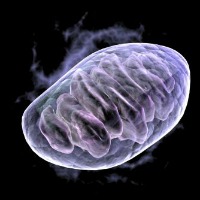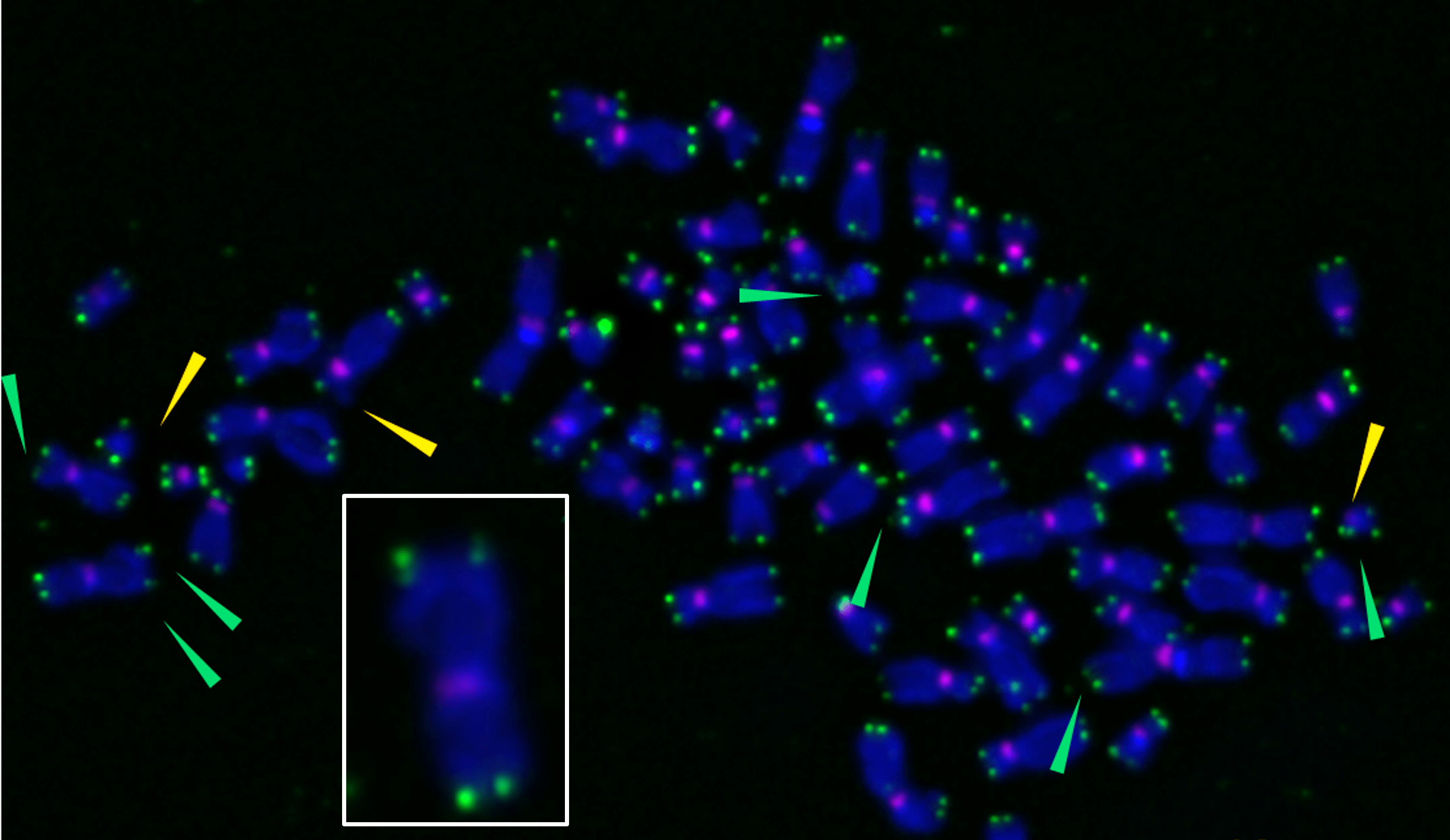Could Vitamin D Be The Missing Anti-Aging Ingredient?
Humans have been on a quest to unlock the secrets of longevity to slow down aging or turn back our biological clocks for centuries, and while we haven’t found that holy grail yet, we have uncovered hints like how certain nutrients could potentially influence the biological mechanisms of aging. Vitamin D is perhaps one of …











